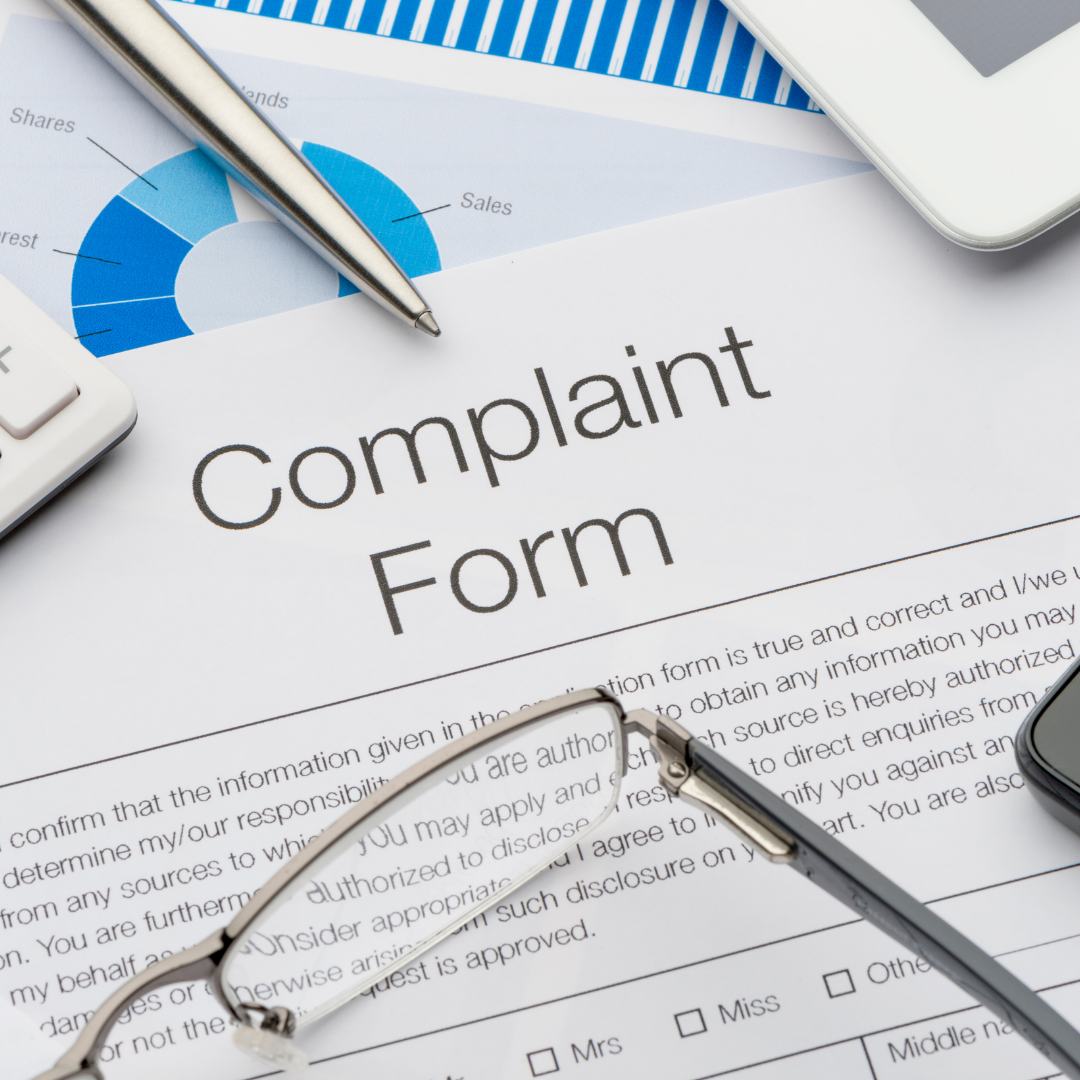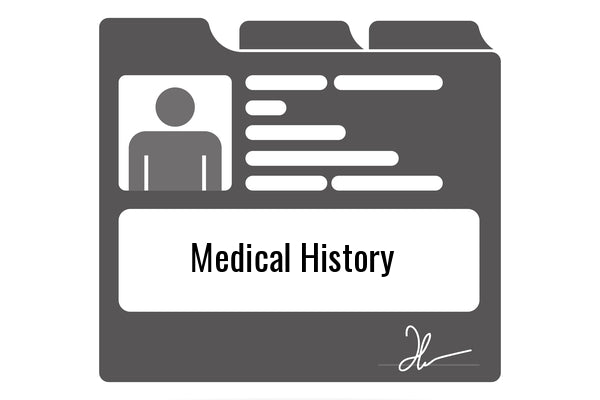
Written by Duane Tinker, NREMT In the event of a medical emergency within the dental office, the saying "teamwork makes the dream work" becomes more literal than ever – it could save a life. This blog post delineates the c...
Read more
Cyber security threats are continually evolving and they pose a very real and significant threat to dental practices. Ransomware is malicious software that takes over a victim’s hard drive when they click on an infected advertisement, email, attachment, or website and encry...
Read more
More practices today are use electronic dental records. There are certainly pros and cons of doing so, which is beyond the scope of this blog post. What is important is that the software used today allows providers to template their notes, which are o...
Read more
Physician practices and hospitals routinely audit for compliance, risk management, revenue cycle and quality of care issues. They don’t necessarily like it, but they’ve settled into the routine of doing it to minimize their losses in the ever-increasing fight for dollars b...
Read more
Okay folks – we need to talk about your data backup. Dental offices, as covered entities, must meet Implementation Standards to get in compli...
Read more
As you can see from the title, today’s discussion centers on dental claims, which are utilized to seek reimbursement for services rendered.
Read more

Ask yourself the following questions. Does anyone other than the dentist ever: Prepare prescriptions for controlled substances for the dentist’s signature? Read more

I put out a lot of TOP NOTCH compliance content from this blog to the podcast, "Talking with the ToothCop." I know a lot of you benefit from this content, but some of you might not know what we do....cause let's face it, ...
Read more
As healthcare practitioners, dentists may be the only doctor some of your patients may see. This is a great opportunity for you to connec...
Read more
I tell all my clients to devise a system to track their credentials and their team members' as well....all of them. Dentists can be disciplined by their state Dental Board, disqualified by insurance companies, excluded fr...
Read more